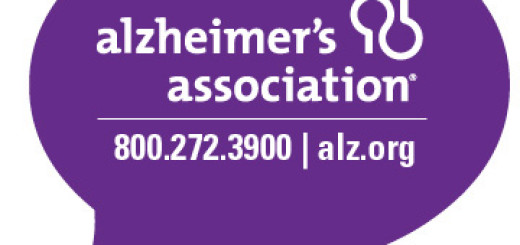The Heavy Toll of Alzheimer’s on Families’ Financial Well-Being
The 2016 Alzheimer’s Association Facts & Figures report revealed that very few people are prepared for the cost of caring for someone with Alzheimer’s disease. The personal financial support required by a person with Alzheimer’s may ultimately deprive care contributors of basic necessities, such as food, transportation and medical care.
Today it is estimated that 5.4 million Americans have Alzheimer’s disease, and nearly 16 million family members and friends are caregivers providing financial, physical and emotional support. Financial depletion related to the support of someone living with Alzheimer’s can occur directly when family and friends contribute to in-home care or other health care resources.
San Francisco Bay Area resident Hillary Han was in high school when her father was diagnosed with Alzheimer’s disease. She used to lean on him for everything and now she’s been thrown into the unfamiliar role of being her parent’s caregiver. She’s also in charge of the family’s taxes and bill payments.
To help care contributors financially plan for the future, the Alzheimer’s Association suggests the following:
- Look at retirement planning as a time to think about how to prepare for the need for long-term medical care. After an Alzheimer’s diagnosis, your options may be more limited.
- Conduct an inventory of your financial resources (for example, savings, insurance, retirement benefits, government assistance, VA benefits, etc.). A financial planner or elder care attorney can help with this.
- Investigate long-term care services (for example, home care, assisted living residences and nursing homes) in your area. Ask what types of insurance they accept and if they accept Medicaid as few individuals with Alzheimer’s and other dementias have sufficient long-term care insurance or can afford to pay out-of-pocket for long-term care services for as long as they are needed.
- Call the local Agency on Aging to determine what community services and support programs are available (for example, respite care, homemaker services and Meals on Wheels can help alleviate financial burdens).
- Once you understand what you have for financial resources and what you can afford, make a plan with your family or a close friend for how to access care.
Hillary reached out to our 24-hour Helpline. It serves people with memory loss, caregivers, health care professionals and the public. Our knowledgeable staff provides reliable information and support to all those who need assistance. Call us toll-free anytime day or night at 1.800.272.3900.
Helpful information related to this post:

















